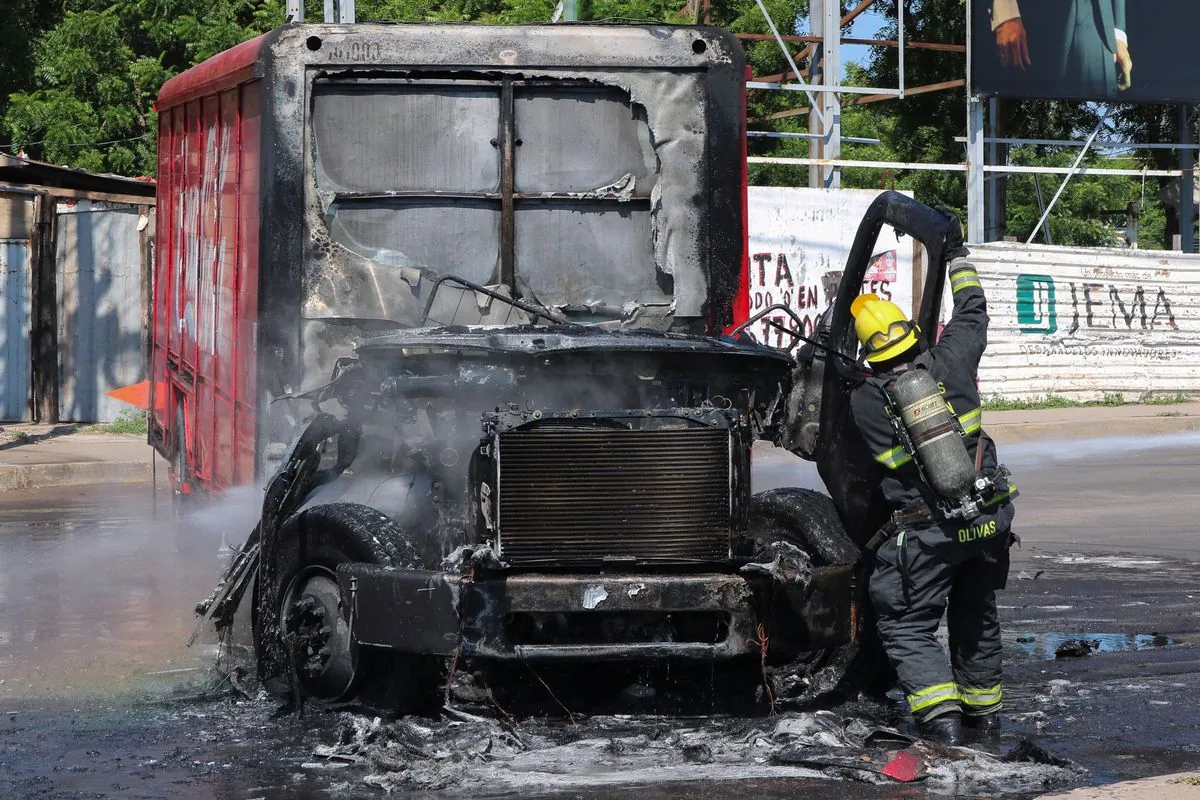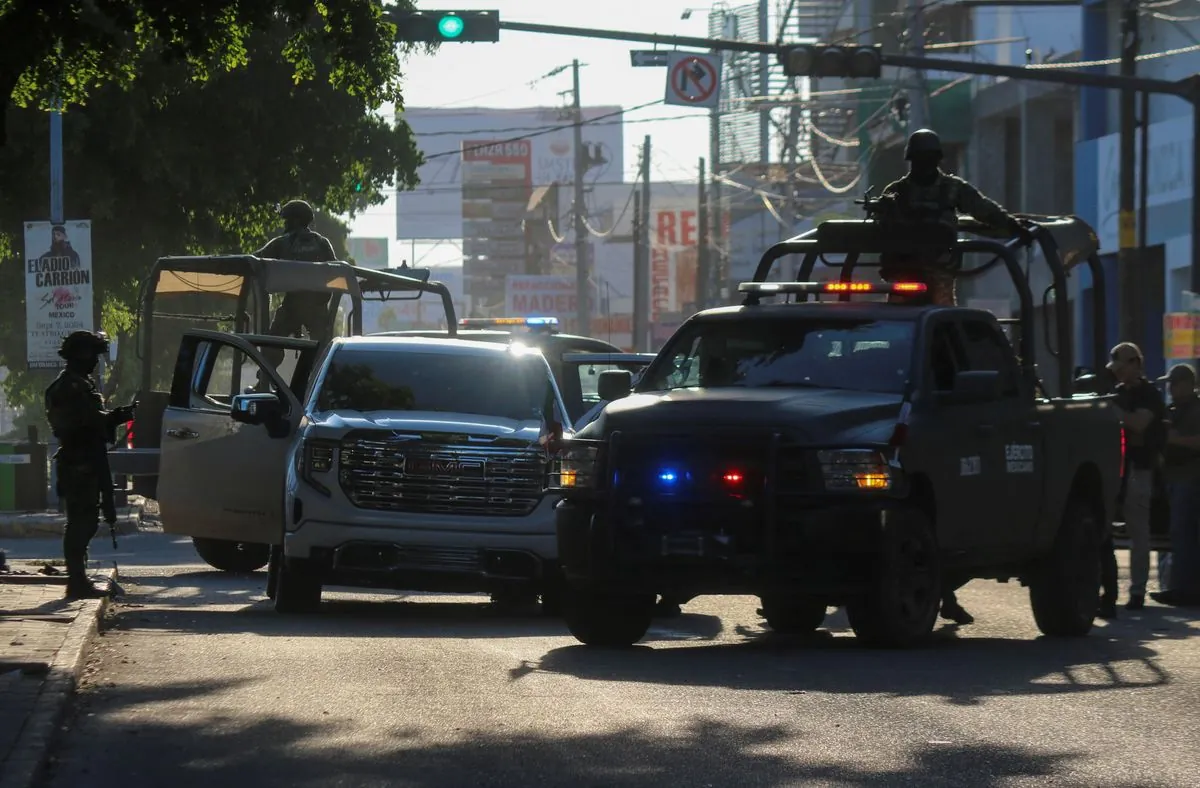Deadly Cartel Clash in Sinaloa: Over 100 Dead or Missing in 12 Days
Violent confrontations between Sinaloa Cartel factions have left 53 dead and 51 missing in Mexico's Sinaloa state. The conflict, triggered by a controversial arrest, has disrupted daily life and prompted government intervention.

In a devastating turn of events, Sinaloa state in western Mexico has been engulfed in violence as rival factions of the Sinaloa Cartel clash, resulting in a significant loss of life and numerous disappearances. Local authorities report that since September 9, 2024, 53 individuals have lost their lives, with an additional 51 people unaccounted for.
The conflict stems from the arrest of Ismael "El Mayo" Zambada, a legendary 74-year-old trafficker and leader of one of the cartel's factions, in the United States in July 2024. Zambada alleges that a senior member of the Los Chapitos, another faction within the cartel, kidnapped him and forcibly transported him to the US.

The Sinaloa Cartel, one of Mexico's oldest and most powerful drug trafficking organizations, has been a dominant force in the country's illicit drug trade since its founding in the late 1980s. Estimates suggest that the cartel controls up to 60% of Mexico's drug trade, with its influence extending to over 50 countries worldwide.
The ongoing violence has severely disrupted daily life in Culiacán, the capital of Sinaloa state. Schools have been forced to close, while restaurants and shops have had to shutter early. Culiacán, home to approximately 1 million residents, is known for its agricultural production, particularly tomatoes, but is now grappling with the consequences of cartel warfare.
In response to the crisis, Sinaloa governor Rubén Rocha Moya announced that over 40 individuals have been arrested in recent days. Additionally, more than 5,000 food packages have been distributed across the state to assist affected residents.
The Mexican military has struggled to quell the violence but achieved a significant breakthrough on September 19, 2024, with the arrest of Fernando Perez Medina, known as "El Piyi". Medina is believed to be the head of security for Ivan Archivaldo Guzman, the leader of Los Chapitos and son of the imprisoned former Sinaloa kingpin, Joaquin "El Chapo" Guzman.
"The United States is partly responsible for the instability because they carried out this operation."
Lopez Obrador was referring to prior surrender talks between US officials and Joaquin Guzman Lopez, the trafficker accused of kidnapping Zambada. US officials have privately confirmed these talks, but Ken Salazar, the US Ambassador to Mexico, emphasized that American officials were surprised to discover Zambada on US soil and that no US resources or personnel were involved in the July 25, 2024 kidnapping.
The ongoing conflict highlights the complex and often violent nature of Mexico's drug trade. Since the launch of Mexico's war on drugs in 2006, over 300,000 deaths have been recorded. The Sinaloa Cartel is known for its sophisticated operations, including extensive tunnel networks for drug smuggling, the use of submarines for trafficking, and complex money laundering schemes.
As the violence continues, authorities face unique challenges. The Federal Attorney for Environmental Protection (Profepa) reported difficulties in rescuing a tigress tied to a tree, as local veterinarians refused to assist due to security concerns. This unusual situation underscores the extravagant lifestyles of senior Sinaloan narcos, who often keep exotic animals as pets.
The current crisis in Sinaloa serves as a stark reminder of the ongoing challenges Mexico faces in combating drug-related violence and the far-reaching impact of cartel activities on civilian life.


































